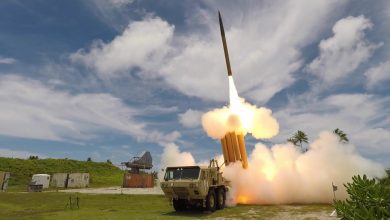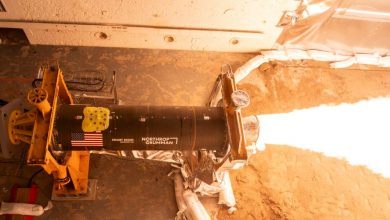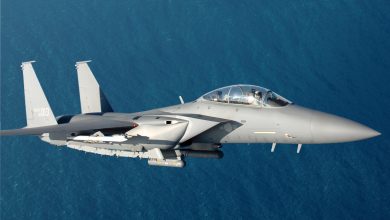Türkiye starts building rail link to Nakhchivan, key to Zangezur Corridor
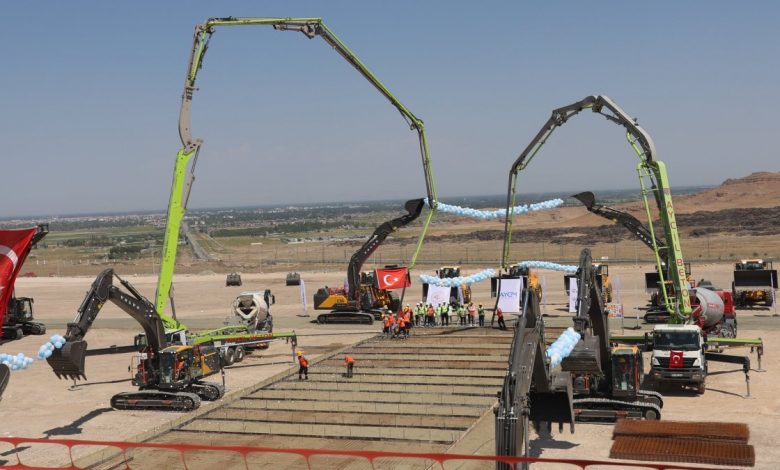
Türkiye on Friday broke ground on a railway connection from its northeastern Kars province to Azerbaijan’s Nakhchivan exclave, moving to take advantage of a U.S.-brokered peace deal signed this month between Azerbaijan and Armenia.
The Kars-Iğdır-Aralık-Dilucu railway line will be part of the Southern Caucasus transit corridor, known as Zangezur Corridor, to which the U.S. gained exclusive development rights. It is meant to boost economic ties between Azerbaijan and Armenia and boost energy exports.
Management and development of the so-called Trump Route for International Peace and Prosperity, which will run through southern Armenia and connect Azerbaijan’s mainland with the Nakhchivan enclave that borders Türkiye, was a stumbling block to initial peace efforts.
The 224-kilometer (140 mile) railway will connect Türkiye’s Dilucu border gate with Nakhchivan and its main railway line in neighboring Kars, Transport and Infrastructure Minister Abdulkadir Uraloğlu said at a groundbreaking ceremony.
Uraloğlu said it marks one of the most concrete initial steps toward realizing the Zangezur Corridor that will leave a mark on the entire South Caucasus and Eurasia.
“The Kars-Iğdır-Aralık-Dilucu railway line is far more than just a railway. It is a path that will resonate on the international stage, reinforce Türkiye’s geo-strategic leadership, and pave the way for unity, prosperity and peace,” said the minister.
“It will strengthen Türkiye’s export goals, broaden the horizons of our youth and bring smiles to the faces of our industrialists and tradespeople.”
The link will have capacity to carry 5.5 million passengers and 15 million metric tons of cargo a year.
The line, which Uraloğlu called an “engineering marvel,” will be constructed as a double-track, electrified and signaled system. It will feature five tunnels, 19 cut-and-cover tunnels, three viaducts, 10 bridges, 144 underpasses, 27 overpasses and 480 culverts.
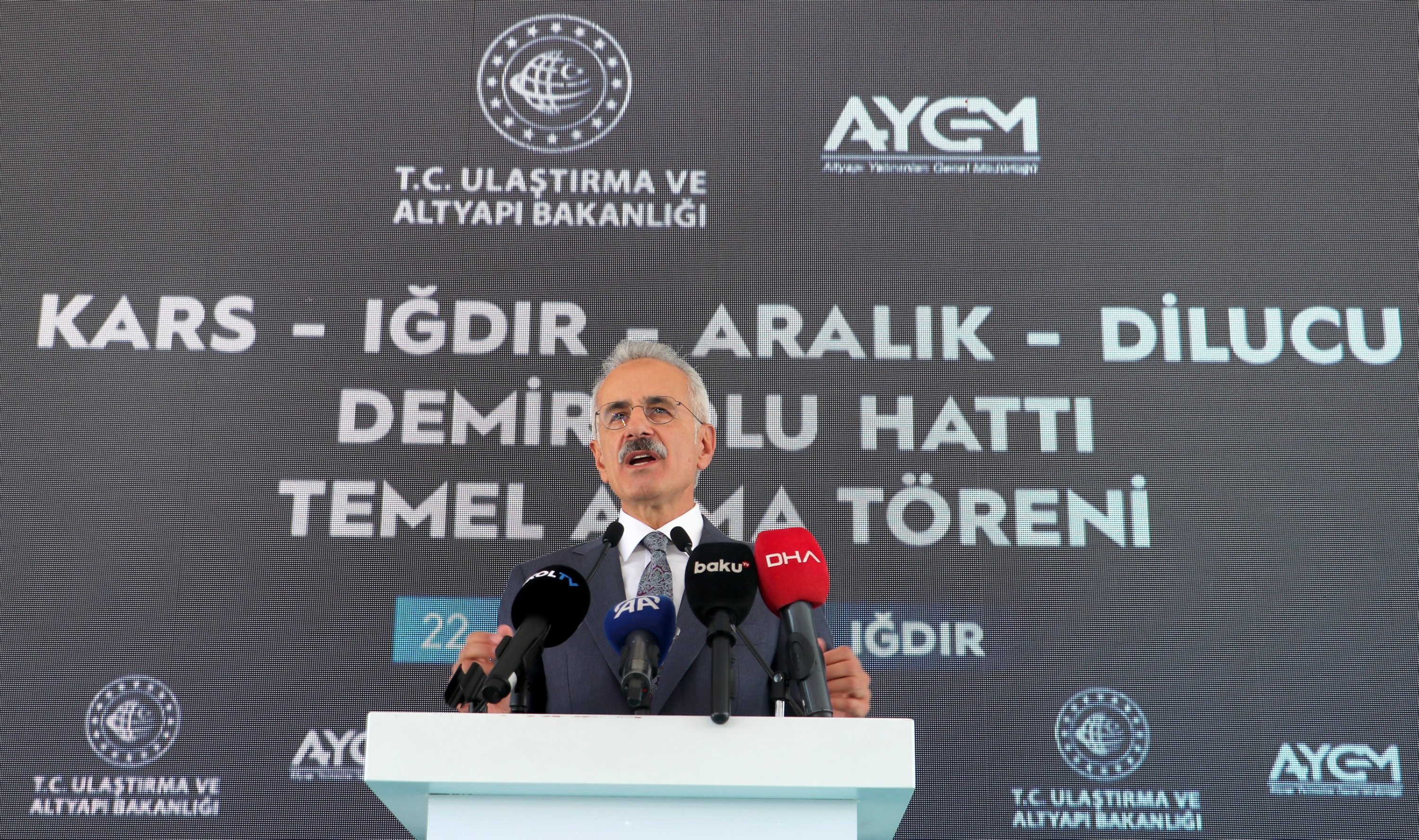
“The Zangezur Corridor will strengthen economic cooperation between Türkiye, Azerbaijan, and Armenia and reinforce regional peace,” Uraloğlu said, adding that the project will help open borders and normalize diplomatic relations in the Southern Caucasus.
“It will usher in a golden era for global trade, especially for countries involved in the Middle Corridor.”
Baku and Yerevan have been at odds since the late 1980s, when Nagorno-Karabakh, a mountainous Azerbaijani region, was occupied by Armenia-backed armed separatists. Azerbaijan took back full control of the region in 2023, and some 100,000 Armenians in the enclave returned to Armenia.
Peace negotiations had been underway for nearly two years, with no sign of progress, until the White House stepped in.
For Azerbaijan, a major producer of oil and gas, the Zangezur Corridor provides a more direct link to Türkiye and onward to Europe. In addition a rail line, the route is expected to eventually include an oil and gas pipelines and fiber optic lines.
Türkiye last month secured 2.4 billion euros ($2.8 billion) in green financing for the railway from a group of lenders including Japan’s MUFG Bank, Sweden’s EKN and Austria’s OeKB export credit agencies, and a unit of the Islamic Development Bank.
“There are no obstacles ahead, and we’ve ensured all necessary coordination. We hope to complete this project with the contractor firms within four to five years,” Uraloğlu said.
When the sections of the railway in Nakhchivan, Armenia and mainland Azerbaijan are completed, an international trade route stretching from China to Britain will be more efficient, the minister noted.
He emphasized that Türkiye, both geographically and culturally, sits at the crossroads of continents, civilizations and ancient transportation corridors such as the historic Silk and Spice Roads.
Uraloğlu noted that Türkiye is not only a natural bridge along the East-West corridor between Asia and Europe, but also lies at the heart of the corridor stretching from the Caucasus and Central Asia to Africa.
He pointed out that recent global political developments have once again underscored the strategic importance of the Middle Corridor, in which he says Türkiye plays a pivotal role.
Source: Daily Sabah


